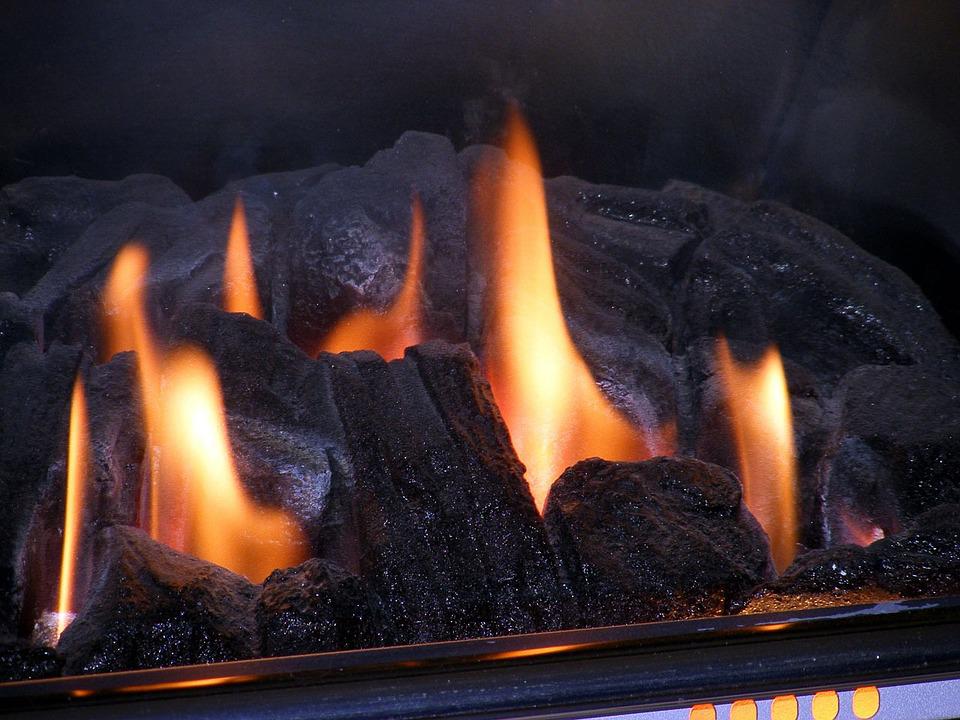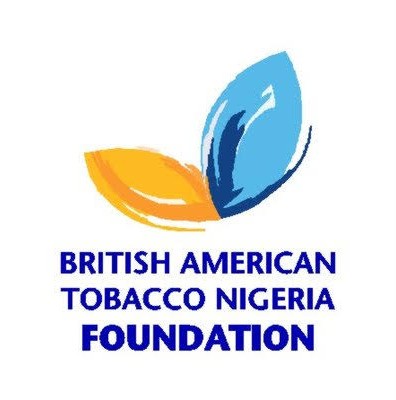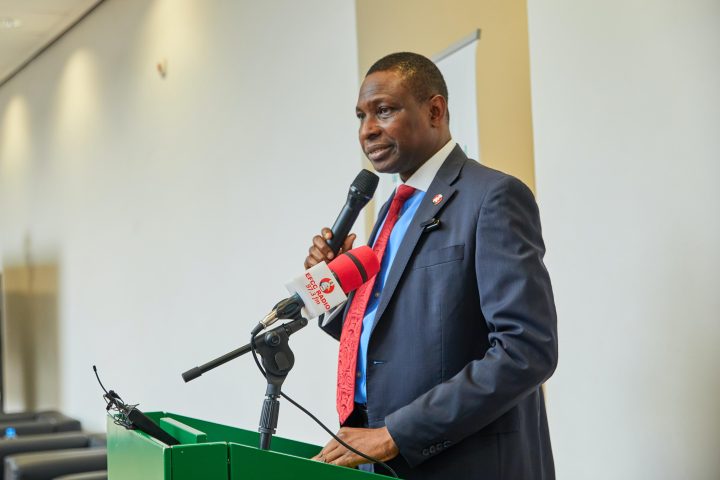A new World Bank report has said that Nigeria ranked seventh on the list of top 10 countries worldwide who were involved in gas flaring in 2021.
The report, entitled: “2022 Global Gas Flaring Tracker Report” made available in the bank’s website, Nigeria and nine other countries accounted for 75 percent of gas flaring worldwide in last year.
Join our WhatsApp ChannelThe nine other countries were Russia, Iraq, Iran, the United States, Venezuela, Algeria, Mexico, Libya, and China.
Gas flaring is the wasteful industry practice of burning natural gas during oil production.
According to the number one bank in the world: “In 2021, the top 10 flaring countries (on an absolute volume basis) accounted for 75 percent of all gas flaring and 50 percent of global oil production”
“Seven of the top 10 flaring countries have held this position consistently for the last 10 years: Russia, Iraq, Iran, the United States, Venezuela, Algeria, and Nigeria.” the report also said.
According to the report, Nigeria and four others had committed to the World Bank’s Zero Routine Flaring by 2030 and only the US has improved successfully on gas flaring intensity.
“Considering again the top 10 flaring countries on a volume basis, Russia, Iraq, the United States, Nigeria, and Mexico have all committed to the World Bank’s Zero Routine Flaring by 2030 (ZRF) Initiative, which commits governments and companies to (a) not routinely flare gas in any new oil field development, and (b) to end routine flaring in existing oil fields as soon as possible and no later than 2030.”
Commenting, the Global Director, Energy and Extractives Global Practice, World Bank, Demetrios Papathanasiou, argued that climate change was one of the defining development challenges of our time.
“Ending the polluting and wasteful practice of gas flaring and decarbonising oil and gas production, while also accelerating the transition to cleaner energy, is fundamental to mitigating climate change,” he added.
The statement said further: “Gas flaring results from market and economic constraints and a lack of appropriate regulation and political will.”
“Ending the polluting and wasteful practice of gas flaring and decarbonising oil and gas production, while also accelerating the transition to cleaner energy, is fundamental to mitigating climate change.”
It said: “The practice releases pollutants into the atmosphere, and we estimate that the practice released 361 million tonnes of carbon dioxide, 39 million tonnes of CO2 equivalent emissions in the form of methane, and black carbon (soot), contributing significantly to global warming.”

















Follow Us